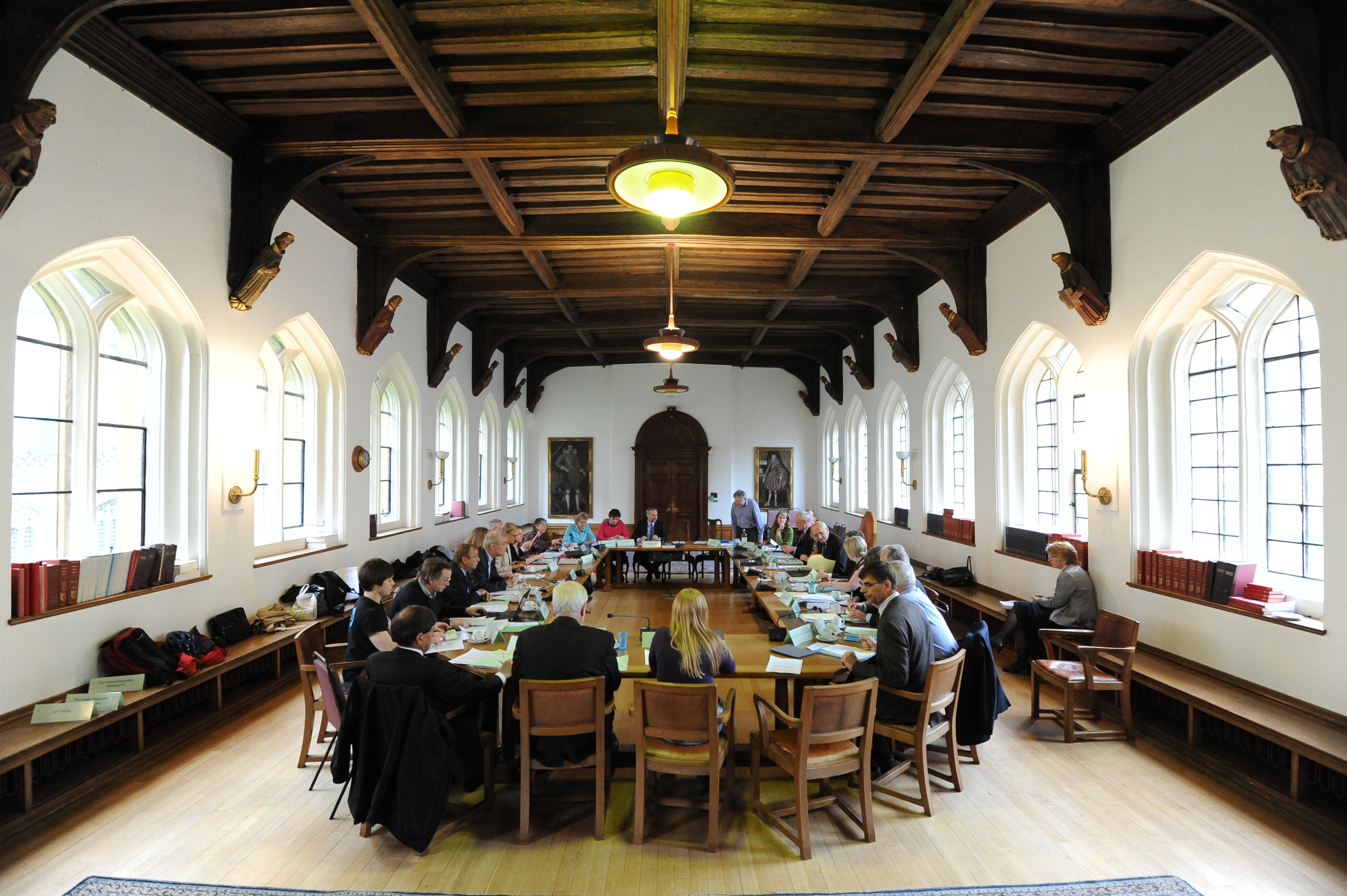Abrahart v The University of Bristol: Mental Health and implications for the sector
With student wellbeing processes ever-evolving in HEIs, Karen Stephenson, University Secretary at Birmingham City University, looks into how a recent case has implications for the sector.


Natasha Abrahart was a physics student at the University of Bristol (UoB). The court found that the university had constructive notice of her disability from October 2017. She had missed classes, was disengaged from her studies and performed poorly in assessment interviews.
The requirement to give interviews and engage in oral assessments which involved the justification and explanation of laboratory experiments contributed to a substantial amount of assessment on the course and had a significant impact on grading. The university referred her to the local NHS Trust where she was diagnosed with chronic social anxiety in 2018.
Natasha took her own life on 30th April 2018. Her father Dr Robert Abrahart brought a case against the University of Bristol on the basis of Negligence and the Equalities Act 2010 (EA 2010).
The case raised many questions and concerns within the sector, but how can institutions learn from this?
The case for negligence was not supported
It was argued that the university had a duty of care in which it failed. It was stated that the UoB had a duty “to take reasonable care for the wellbeing, health and safety of its students. In particular, the [University] was under a duty of care to take reasonable steps to avoid and not cause injury, including psychiatric injury, and harm.” The court’s view was that the university did not have this duty because Natasha was not in the care of the university as a child is in the care of a school.
In addition the court noted that as a disabled student she was protected by the EA 2010. Hence: “It is not fair, just and reasonable to impose a duty of care to Natasha because, as a disabled student….she is afforded protection by the Equality Act 2010.”
The court supported the view: the university had breached its duty to make reasonable adjustments
Bristol University argued that the EA 2010 was not applicable because the issue related to assessments and these were part of the curriculum. Providing that a competence standard is robust and objectively justified within the context of learning objectives, there is no legal requirement to alter specified standards (S94(2)). The Act defines a competence standard as “an academic, medical or other standard applied for the purpose of determining whether or not a person has a particular level of competence or ability.” Hence the UoB case was that assessments are an inherent part of the curriculum, which in turn embodies competency standards and is therefore exempt under the EA 2010.
The key elements of the EA 2010 which relate to this case are:
· failure to make reasonable adjustments (S20/21)
· indirect discrimination (S19)
· discrimination arising from disability (S15)
These become applicable if the individual has a mental or physical impairment and this has a long-term substantial negative impact on day to day normal activities EA 2010 (S6). Long term means lasting more than twelve months or an issue which ‘may well’ recur and substantial means ‘more than trivial’. Normal day-to-day activities are considered in the context of what an individual cannot do.
The court held that interviews were a method of testing competencies and not a competence standard. Hence the testing method fell into the category of Provision, Criteria or Practice (PCP). Consequently it was incumbent upon the University of Bristol to make adjustments while achieving the same competency standards. In short, the method of assessment is likely to be a PCP and therefore an HEI may be required to make reasonable adjustments if it became aware that a student has a disability which would result in them being treated less favourably.
What’s next? Implications and Questions
Given that this decision carries significant ramifications for the sector, the University of Bristol is in the process of reviewing the judgement and considering if it will appeal. However it is likely that the decision will have already had some impact.
It is possible that HEIs review their academic infrastructure and put systems in place that ensure focused clarity on learning outcomes which specifically refer to a competency standard of verbal presentation. This would effectively move a verbal assessment from a mere method of assessment to a competency standard.
The decision may prompt HEIs to review their procedures to ensure that students with mental health issues are not disadvantaged. This will require institutions to proactively design support for identified individuals that they know have disability issues. This could be combined with a staff development and student awareness programme to enable both staff and students to be meaningfully able to access support and guidance to ensure competency standards are met while not disadvantaging disabled students and subjecting them to unlawful discrimination.
The QAA Quality Assurance Agency for HE produces Benchmark statements which describe the nature of study and the academic standards expected of graduates in specific subject areas. At this point it may be useful to review the QAA Subject Benchmarks for Physics. The QAA website states that the subject benchmarks are being updated (2022) and fourteen have been revised to date. The review incorporates requirements for disabled students. There are three cognate areas which are encompassed under the subject of ‘Physics’. The dates of the most recent review can be seen below.
· Physics, Astronomy and Astrophysics – last reviewed October 2019
· Architectural Technology – last reviewed in November 2019
· Materials – last reviewed in August 2018.
A possibility is that the benchmark statements become a nexus for renewed focus. Currently specific mention of oral presentations are scant. A physics curriculum driven by the current benchmarks is not required to have a substantial element of oral presentations.
Whatever the practical outcomes of this decision, it is perhaps useful to note that the EA 2010 is designed not to enable litigation but to ensure that a certain level of support is offered to people with disabilities. In this case HEIs should provide this support to their students. If universities take steps which avoid a similar situation in the future some positive consequences will have come about as a result of this tragedy.
Sources: – The following sources were drawn upon for this article:
QAA Subject Benchmarks for Physics
Pinsent Masons (June 2022), How higher education providers can manage learning support for disabled students
Farrer & Co (May 2022), Case Update: university held legally responsible for student suicide
Related Blogs



